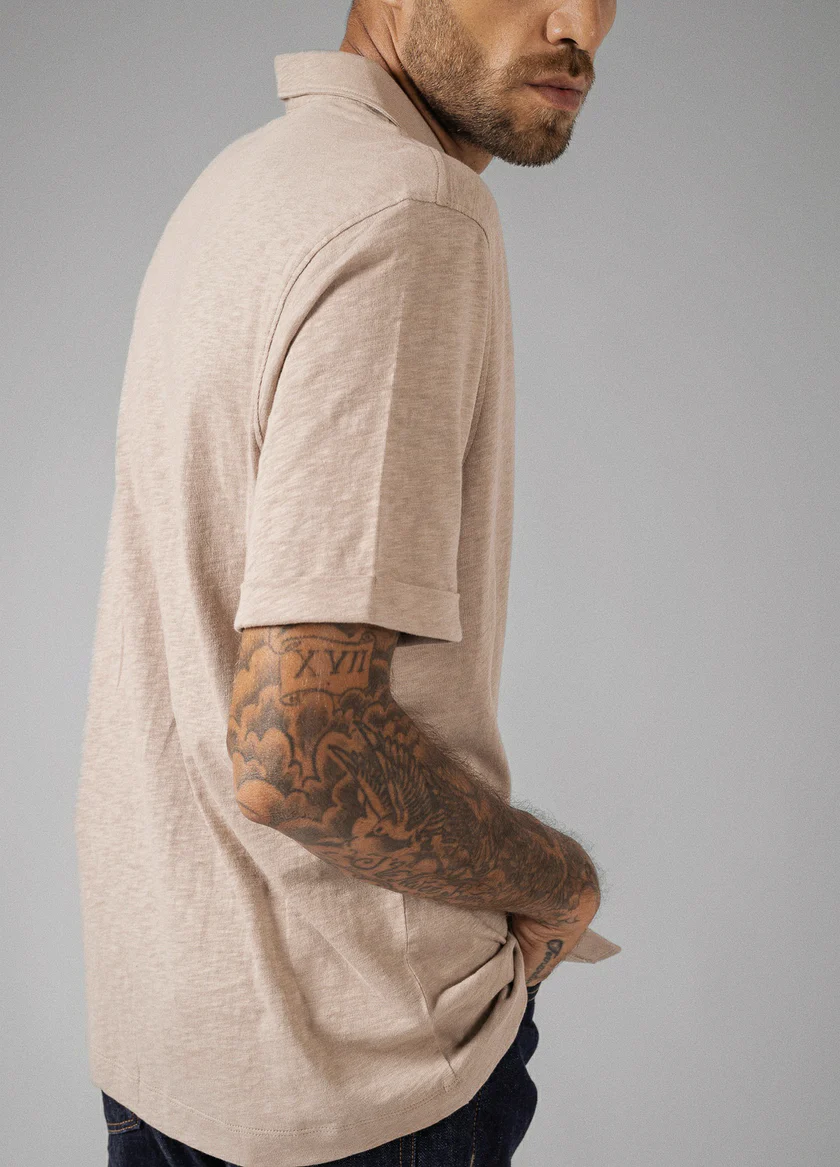Organic and eco-friendly garments are often considered more sustainable than conventional clothing because they are made using environmentally friendly materials and production methods. However, the sustainability of organic eco-friendly garments depends on various factors such as the materials used, production methods, transportation, and disposal methods.
Here are some factors that contribute to the sustainability of organic eco-friendly garments:
Materials: Organic eco-friendly garments are made using materials that are grown without the use of harmful pesticides, synthetic fertilizers, or genetically modified organisms (GMOs). These materials are often biodegradable, renewable, and sustainable.
Production methods: Eco-friendly garments are produced using methods that minimize environmental impact. This includes using natural dyes, reducing water and energy consumption, and minimizing waste.
Transportation: The distance that garments travel from the production site to the consumer can have a significant impact on their sustainability. To reduce the environmental impact of transportation, eco-friendly brands may choose to source materials locally and use more sustainable transportation methods.
Disposal methods: Sustainable garments are designed to be biodegradable or recyclable at the end of their life cycle, reducing the amount of waste sent to landfills.
Overall, the sustainability of organic eco-friendly garments is complex and depends on many different factors. However, by choosing eco-friendly brands that prioritize sustainable materials and production methods, consumers can make a positive impact on the environment and support the growth of sustainable fashion.
General Inquiries
There are no inquiries yet.











Reviews
There are no reviews yet.